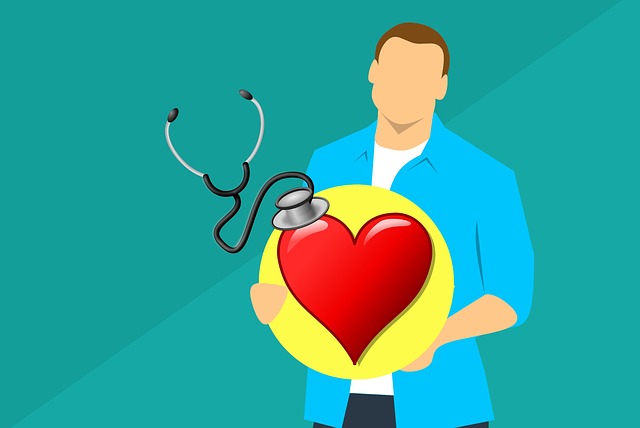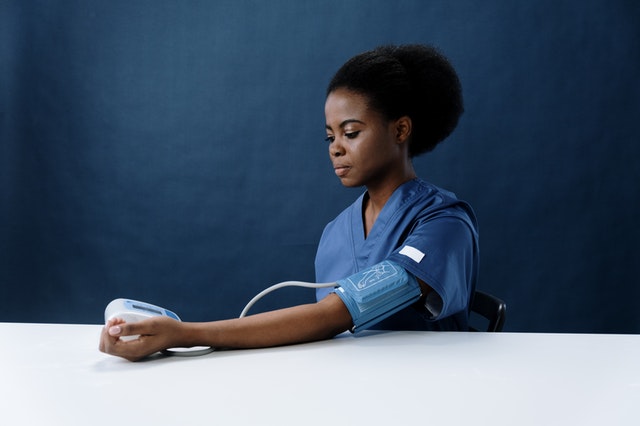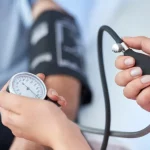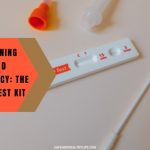
High blood pressure or hypertension is an invisible enemy to people’s health. Because of this, you must understand its impact on your health and take action right away to maintain a healthy blood pressure level.
Your blood pressure has normal fluctuations. It tends to drop when you are asleep or relaxed, rise in the morning, and increase when you are excited, performing strenuous activity, or under stress.
However, if your blood pressure level rises even when you are at rest, it can scar and weaken your blood vessels, increasing your risk of a heart attack, stroke, vision loss, heart failure, and even kidney issues.
This makes it important to see your doctor regularly for hypertension treatment. Hypertension can be a warning sign of more serious issues. This disease can make everything worse.
Causes and Risk Factors for Hypertension
Smokers, overweight people, as well as people who consume a low-fiber diet, have a sedentary lifestyle, consume lots of alcohol regularly, and live with chronic stress are at a high risk of hypertension. Also, your genes, race, and age can play a role.
In some cases, hypertension can be caused by an existing medical condition. Examples include some heart defects, pregnancy-induced hypertension, and kidney disorders. Often, resolving the existing medical condition is the key to normalizing a person’s blood pressure.
How Uncontrolled High Blood Pressure can Affect Your Health

Photo Credit: Pixabay
When left untreated, high blood pressure can result in the following health issues:
- Heart attack and stroke. An elevated blood pressure level can damage your arterial walls. As a result, deposits of plaque that harden, block, and narrow your arteries may develop. Also, such deposits can result in blood clots that can flow through the bloodstream and block the flow of blood to your brain or heart, leading to a heart attack or stroke.
- Chest pain. This health condition happens when your heart fails to get the blood it needs to function normally. If you walk uphill, exercise, or go up steps and you have high blood pressure, you can feel pain, squeezing, and pressure in your chest.
- Heart failure. Hardened or narrowed arteries can make your heart work harder than it used to. Such an increase in workload can cause it to become bigger and fail to provide your major organs with the blood they need.
- Kidney damage. High blood pressure can damage the arteries around the kidneys, decreasing their ability to perform their job. This may result in kidney failure in worse cases.
- Vision issues. Elevated blood pressure levels can damage the small blood vessels in your eyes. Also, it can result in a swollen optic nerve. High blood pressure can leave you suffering permanent vision loss.
Diagnosis and Treatment
If you have hypertension, your doctor may recommend changes to your lifestyle, medications, or both, depending on the severity of your condition. For mildly elevated blood pressure, lifestyle changes may be the first step. Reducing weight means decreasing sodium in your body, which improves your diet. For elevated high blood pressure, the following medications are often prescribed:
- Beta-blockers. These high blood medications decrease your heart rate and blood output, lowering your blood pressure.
- These medications help your body eliminate excess water and sodium.
- They relax constricted blood vessels.
The right medication for you depends on your doctor. Sometimes, your doctor may prescribe more than one medication because you may need different medications that work on various mechanisms.
Your family doctor may prescribe lower medication doses and minimize your chances of experiencing side effects by combining several medications.
Living with Hypertension

Photo Credit: Pexels
Often, you won’t experience symptoms if you have high blood pressure. Because of this, it can be challenging to stay on track with your lifestyle changes and medication.
The following can help maintain your commitment to controlling your blood pressure every day:
- Using a medication reminder. To make sure you don’t miss a dose of your medication, use a daily pill dispenser or a pill bottle that beeps when you have to take your next dose. Keep in mind that one mistake can increase your risk of heart disease and stroke.
- Monitor your blood pressure at home. Invest in a home blood pressure monitor, so you know if your lifestyle changes and medications are helping.
- Visit your doctor as recommended. Whether your doctor recommends that you see them every three or six months, make sure not to miss your appointments. If your doctor finds out that your medications and lifestyle changes are working, they may reduce the recommended frequency of your visits.
Making small changes to your daily habits like consuming a lower sodium diet, exercising regularly and stopping smoking, maintaining a healthy weight, and limiting alcohol consumption can help bring your blood pressure down.
And if you have a prescription, ensure you take it as directed. High blood pressure should be taken seriously and you can lower your risk of serious complications if you follow the treatment instructions of your doctor.
About The Author:
Ravi Sanghvi is a professional blogger outreach service provider. He loved to write and read blogs. He works for Backlinks Media and they have good knowledge of link-building and content writing. You can contact me on Facebook.




